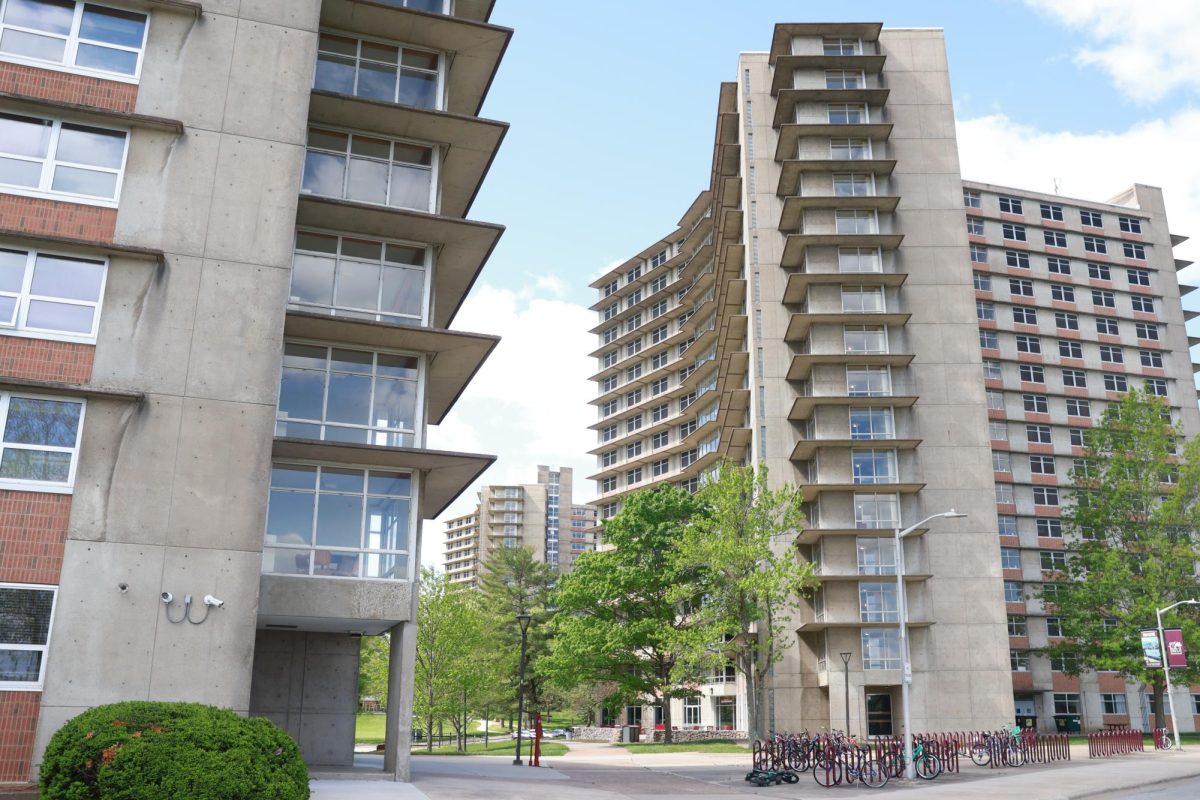Opinion: Higher ed leaders want, need state budget
March 22, 2017
When it comes to the ongoing state budget stalemate, just about every group has a story to tell.
Social service agencies, local school districts, businesses that go unpaid for months on end, public employee unions — the list goes on.
Throw higher education onto the pile, too.
Advertisement
It is obvious that higher education, as an institution, is worried.
As was made clear at a recent Herald & Review Editorial Board meeting, it’s not so much that colleges and universities are going to shut their doors. They are not.
Rather, it is their very real inability to plan for the future that has university presidents such as Illinois State University’s Larry Dietz both concerned and deeply frustrated.
As Dietz told the board, “If the impasse continues, at some point a higher education disaster will occur.”
What does that mean? No one can really say — and that’s the issue.
As Dietz and other officials representing the Illinois Coalition to Invest in Higher Education — including Illinois Wesleyan University President Eric Jensen, Heartland Community College President Rob Widmer and Southern Illinois University System President Randy Dunn — all pointed out, the frustration is not having a budget.
Dietz said passage of a budget — even one with huge cuts — “would represent stability. … The worst thing is not knowing.”
Advertisement*
Institutions of higher learning, they said, are willing to adjust to the changing financial environment, but they can’t determine that unless they know — year in and year out — the level of state support they’re going to get.
A good example that affects both public and private institutions is the Monetary Award Program (MAP grants), the financial aid that literally allows thousands of students to attend college.
Lack of a state budget means not knowing how much funding will be available for MAP grants, but none of the presidents is open to the idea of suspending the program to save money.
That, they said, runs counter to one of their core principles — providing a quality education to as many students who want one.
As Dunn put it, “We’re not going to do that to our students and region … We’re not going to play that card.”
Rather, they want to see Gov. Bruce Rauner — whom they clearly see as part of the problem — and the General Assembly to start seeing higher education as an investment.
They correctly point out that their institutions are economic engines in their own communities, but argue that higher education is not seen that way at the state level despite the fact that they are producing future employees and entrepreneurs that are vital if Illinois is to grow.
Without fair funding, said Widmer, students are not getting a full learning experience — class sizes rise, staffing shortages occur and schools cannot afford proper equipment.
Then there is the “brain drain” issue whereby search firms sweep into Illinois to lure away top faculty and staff with offers of better times in other states.
Higher education leaders are ready to make decisions — in many cases, very tough ones.
But they cannot because no one in Springfield is willing to do the same.
As we have stated many times before, that lack of leadership, that inability or unwillingness to make tough decisions is not only unfair. It is a travesty.
___
(c)2017 the Herald & Review (Decatur, Ill.)
Visit the Herald & Review (Decatur, Ill.) at www.herald-review.com
Distributed by Tribune Content Agency, LLC.
Advertisement







